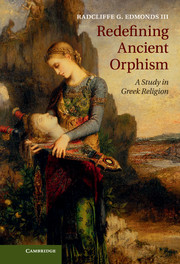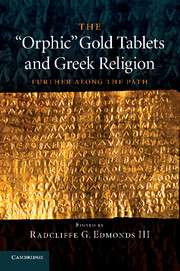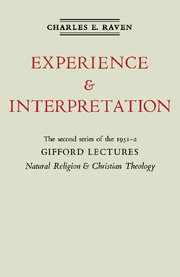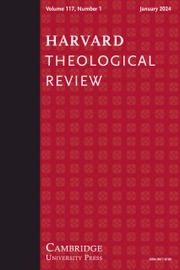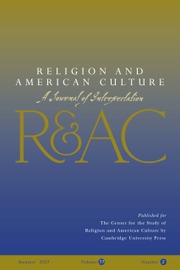Redefining Ancient Orphism
This book examines the fragmentary and contradictory evidence for Orpheus as the author of rites and poems to redefine Orphism as a label applied polemically to extra-ordinary religious phenomena. Replacing older models of an Orphic religion, this richer and more complex model provides insight into the boundaries of normal and abnormal Greek religion. The study traces the construction of the category of 'Orphic' from its first appearances in the Classical period, through the centuries of philosophical and religious polemics, especially in the formation of early Christianity and again in the debates over the origins of Christianity in the nineteenth and twentieth centuries. A paradigm shift in the study of Greek religion, this study provides scholars of classics, early Christianity, ancient religion and philosophy with a new model for understanding the nature of ancient Orphism, including ideas of afterlife, cosmogony, sacred scriptures, rituals of purification and initiation, and exotic mythology.
- Proposes a new model for defining Orphism within Greek religion, making sense of the apparent contradictions within the evidence and abandoning models grounded in modern Christian ideas of religion
- Views the label of Orphic over the course of history, especially during key moments of conflict
- Examines the myths and rituals associated with Orpheus within the larger context of Greek myth and religion
Product details
November 2013Hardback
9781107038219
464 pages
229 × 152 × 25 mm
0.79kg
3 b/w illus.
Available
Table of Contents
- Part I. Introduction: Definitions Old and New:
- 1. The name of Orpheus
- 2. Orphism through the ages: a history of scholarship
- 3. The problem of definition
- Part II. Orphic Scriptures or the Vaporings of Many Books?:
- 4. Orphic textuality: a hubbub of books
- 5. Orphic Hieroi Logoi: sacred texts for the rites
- 6. Orphic mythology: the content of Orphic poems
- Part III. Orphic Doctrines or the Pure from the Pure?:
- 7. Orphic purity: piety or superstition?
- 8. Life in the afterlife: the initiates' privilege and the mythic tradition
- 9. Original sin or ancestral crimes: Zagreus and the concern with purification
- 10. Conclusions: redefining ancient Orphism.

